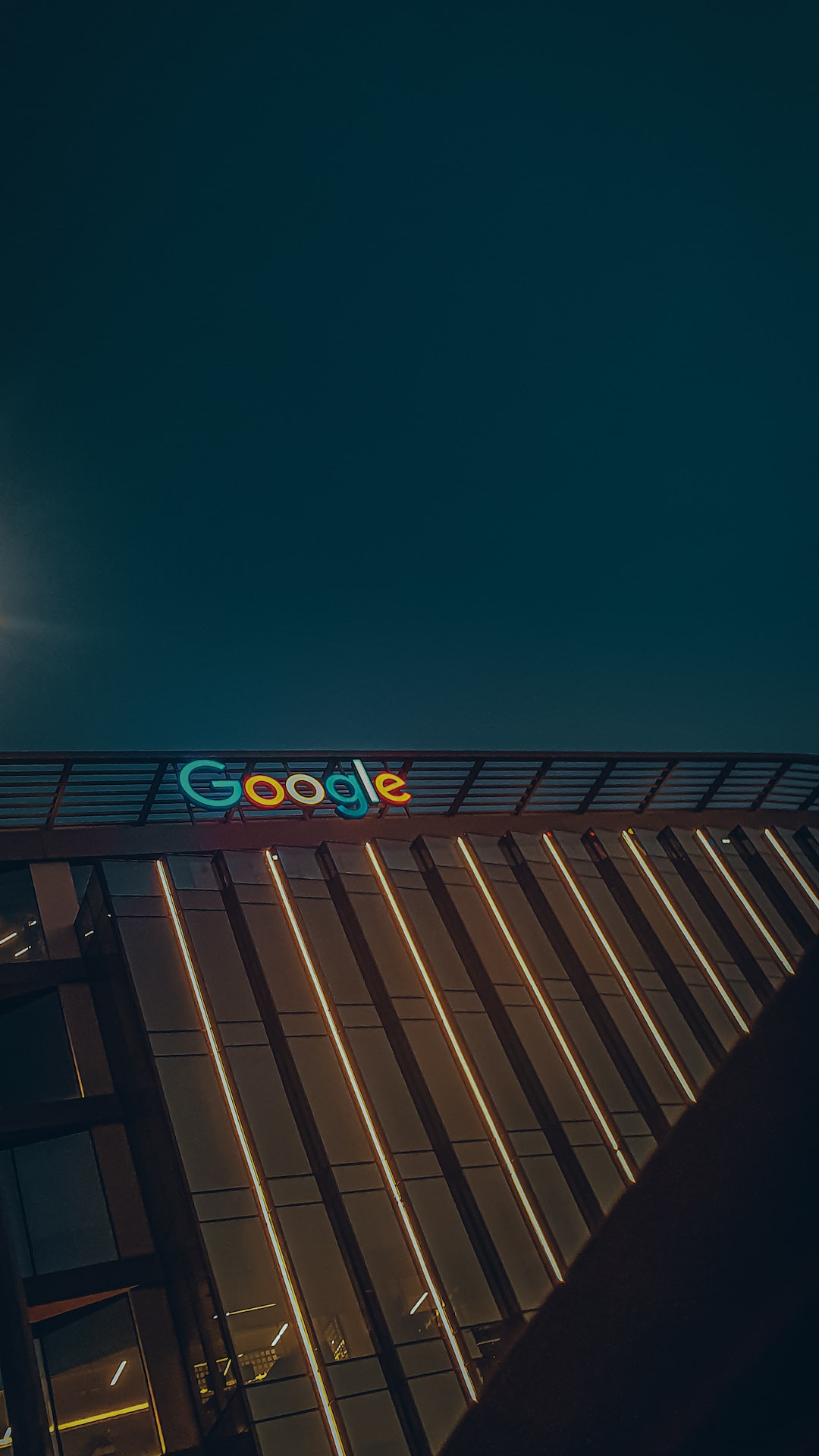Investigating the Influence of Media on Body Image and Self-esteem
In today’s digital era, we are constantly bombarded with images and messages through various media platforms. Whether it be television, movies, magazines, or social media, these mediums are filled with what society defines as the “ideal” body image. As a result, the media’s portrayal of body types has a significant impact on individuals’ self-esteem and body image, sometimes leading to serious consequences.
One of the ways in which media influences body image is through the use of airbrushing and photo editing techniques. Advertisements and magazine covers often showcase models who have flawless skin, slim figures, and perfect proportions. However, what we often fail to realize is that these images have been digitally altered, creating an unrealistic beauty standard. When individuals, especially young people, consistently see these perfected images, they may develop unrealistic expectations for their own bodies, leading to a decrease in self-esteem and a negative body image.
Another way media affects body image is through the use of advertising and marketing strategies. Companies frequently use attractive individuals with a particular body type, whether it be slim, muscular, or curvy, to promote their products. By associating these body types with success, popularity, or desirability, they create an implicit message that in order to attain these characteristics, one needs to have a specific body type. Consequently, individuals who do not fit into these predefined categories may feel inadequate, leading to lower self-esteem and an unfavorable body image.
Social media platforms, in particular, have become a significant influence on body image and self-esteem. Instagram, for example, is a platform where many users, including celebrities and influencers, share carefully curated images of their bodies and lifestyles. These uploads often showcase a narrow definition of beauty, reinforcing the idea that everyone needs to conform to a standard set by a select few. When users constantly see these “perfect” bodies, they may feel pressured to compare themselves and strive for an unattainable ideal, leading to dissatisfaction with their own bodies and a decline in self-esteem.
Moreover, media influences body image and self-esteem by perpetuating harmful beauty stereotypes. For decades, mass media has consistently portrayed a narrow definition of beauty, focusing primarily on thinness, whiteness, and youthfulness. This not only excludes many marginalized groups who do not fit into these categories but also reinforces harmful stereotypes and biases. When underrepresented groups constantly see themselves portrayed negatively or disregarded altogether in the media, it can have a damaging effect on their self-esteem and body image.
While media has a significant influence on body image and self-esteem, it is crucial to recognize that individuals have the power to challenge these unrealistic beauty standards. By promoting body positivity and inclusivity, we can encourage a healthier relationship with our bodies and work towards a more diverse and realistic representation in the media.
In conclusion, the influence of media on body image and self-esteem cannot be ignored. From airbrushing and photo editing to advertising strategies and social media platforms, the media shapes our perception of beauty and influences our self-worth. It is essential for society to recognize the impact that media has on our body image and take steps towards fostering a more positive and inclusive media environment. By doing so, we can support individuals in developing a healthy self-image and improve their overall well-being.
